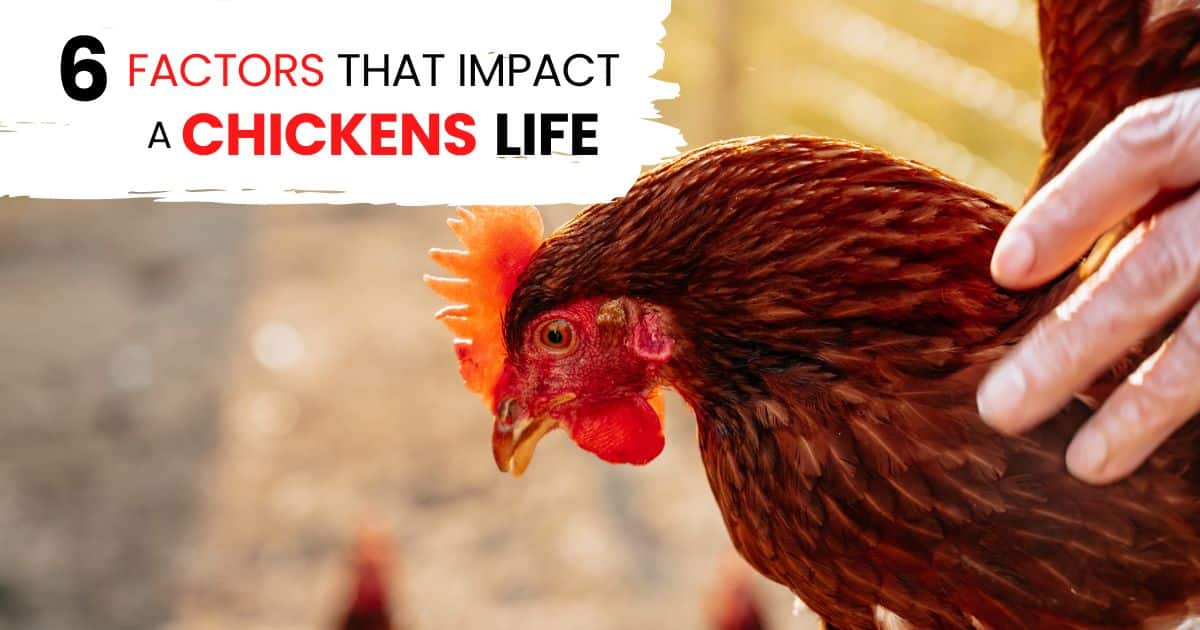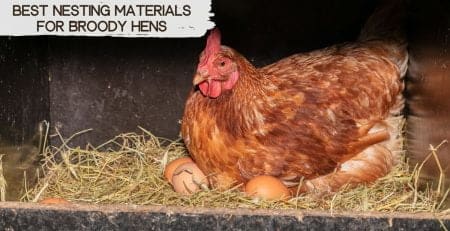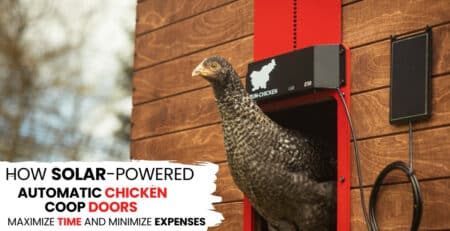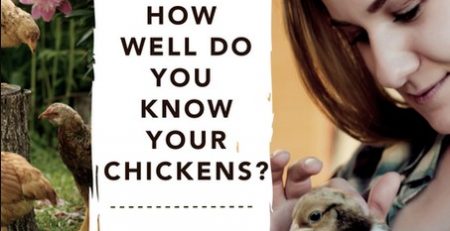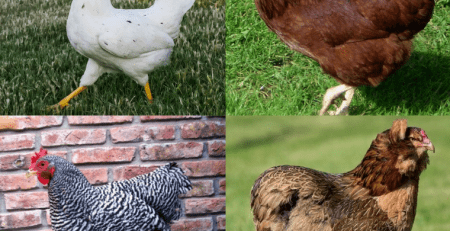People love keeping backyard chickens for many reasons–they provide you with fresh eggs daily, they are great for companionship, and they are an important part of sustainable living. Keeping backyard chickens can also be very beneficial to your garden; they’ll gobble up bugs and pests as well as scratch and dig up weeds as well as keep you well-furnished with fertilizer year-round. Talk about a productive pet! With that being said, your hens won’t lay eggs forever, and as their egg production declines, you may start to wonder how long you can expect them to live. We’re going to discuss the lifespan of chickens and a few factors that can impact their lifespan.
Life Expectancy of Chickens
Before chickens were domesticated, they were wild birds. If you raise backyard chickens, you’ve probably noticed that they can’t fly like other birds, which made them easy prey in the wild. Their life expectancy was variably short, ranging somewhere between 2 and 4 years.
Chickens became domesticated as early as 2000 BCE. Experts trace their origins back to red jungle fowls, which still run wild in most of Asia. With domestication and human interference, there are now hundreds of different chicken breeds in existence all over the world.
Though it can vary, the average lifespan of a domesticated chicken lies between 5 and 8 years. These numbers can certainly fluctuate, as some well-cared-for backyard chickens have lived up to 15 years. Though the numbers can vary, here are a few factors that can impact your backyard chicken’s lifespan.
Factors Impacting Chickens Lifespan
1. Chicken Breed
One of the biggest factors that will affect the lifespan of your backyard chicken is its breed. Due to a chicken’s lineage, some breeds tend to live longer than others. Plymouth Rock chickens, for example, can live ten to twelve long years! Rhode Island Reds can live eight years or longer if properly cared for. They are tolerant to most weather conditions and can live in confinement as well as in a free-range environment. They are scrappy, fierce creatures who are great at protecting themselves.
Orpingtons can live over 8 years long, and they are very hardy birds. They are dual-purpose birds, which means they are excellent egg layers as well as great meat birds. Easter Eggers are cross-breed or hybrid chickens who lay colorful eggs at high rates. They can live for more than eight years and are a very hardy type of chicken.
There are hundreds of different chicken breeds, and ensuring that you choose one that is adapted to the climate in your area is the key to a long life expectancy. Although some breeds tend to live longer than others, with proper care, many types of chicken breeds can outlive their normal life expectancy rates.
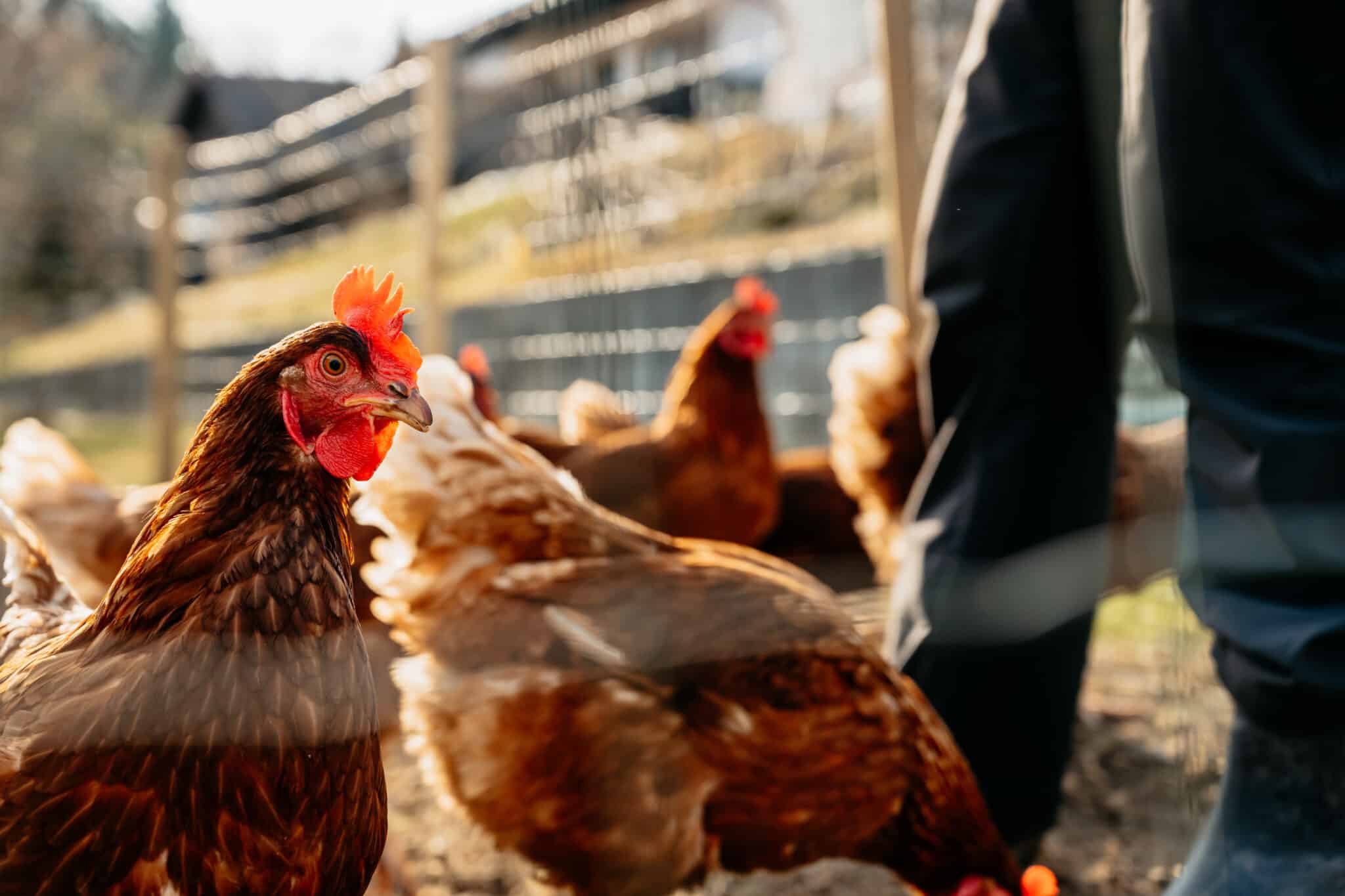
2. Predators
The next factor that can greatly impact the lifespan of your backyard chickens is predators. When chickens are sleeping, they are more vulnerable to predators on the ground. By sleeping off of the ground or roosting, they’ll keep themselves safe from many types of predators during the night.
Animals that prey on your chickens can come in many different forms. From birds of prey, such as hawks and owls, to larger animals on the ground, such as foxes or coyotes, many types of animals love the taste of chicken. Raccoons, opossums, weasels, rats, and even snakes are all predators of chickens, as well as their eggs. During the night, a Run-Chicken automatic chicken coop door can help keep predators out of your chicken’s coop.
Protecting your chickens from predators is the key to keeping your chickens happy and healthy for years to come. You can’t be overly cautious when it comes to predators, either. They can come in the form of your own cat and dog. Wildcats, large dogs, and even mice are a few more predators to look out for.
3. Protection: Housing and Shelter
Another factor that can greatly impact your backyard chicken’s life expectancy is the level of protection that you offer. The way you shelter your chickens can make a big difference in their lifespan.
We talked about the different types of predators that can come after your chickens, so keeping them well-protected can increase their lifespan. Chickens need a weather-resistant, waterproof chicken coop to keep them protected from adverse weather and seasonal conditions. An automatic chicken coop door can close your chickens securely in their pen for the night and is also predator-proof—no animal is going to be able to get through it.
If your chickens are living with other animals, especially larger ones, they may stand the risk of being trampled or crushed to death. You should also keep an eye on chickens that are at the bottom of the pecking order; if they are being bullied, the other chickens may be denying them shelter or food.
If your chicken coop has windows, be sure to screen them in or make sure they can close at night and during adverse weather. Remember that many predators can climb or fly in through the chicken coop windows at night, and windows also let out a lot of heat in the winter.
Many common backyard chicken breeds are weather tolerant, but they do need some type of protection and shelter from the elements. Extreme rain, wind, and other adverse weather conditions can be harmful to your chickens, so ensuring they are well protected with proper housing and shelter can help ensure they are safe, which in turn will lead to a longer lifespan.
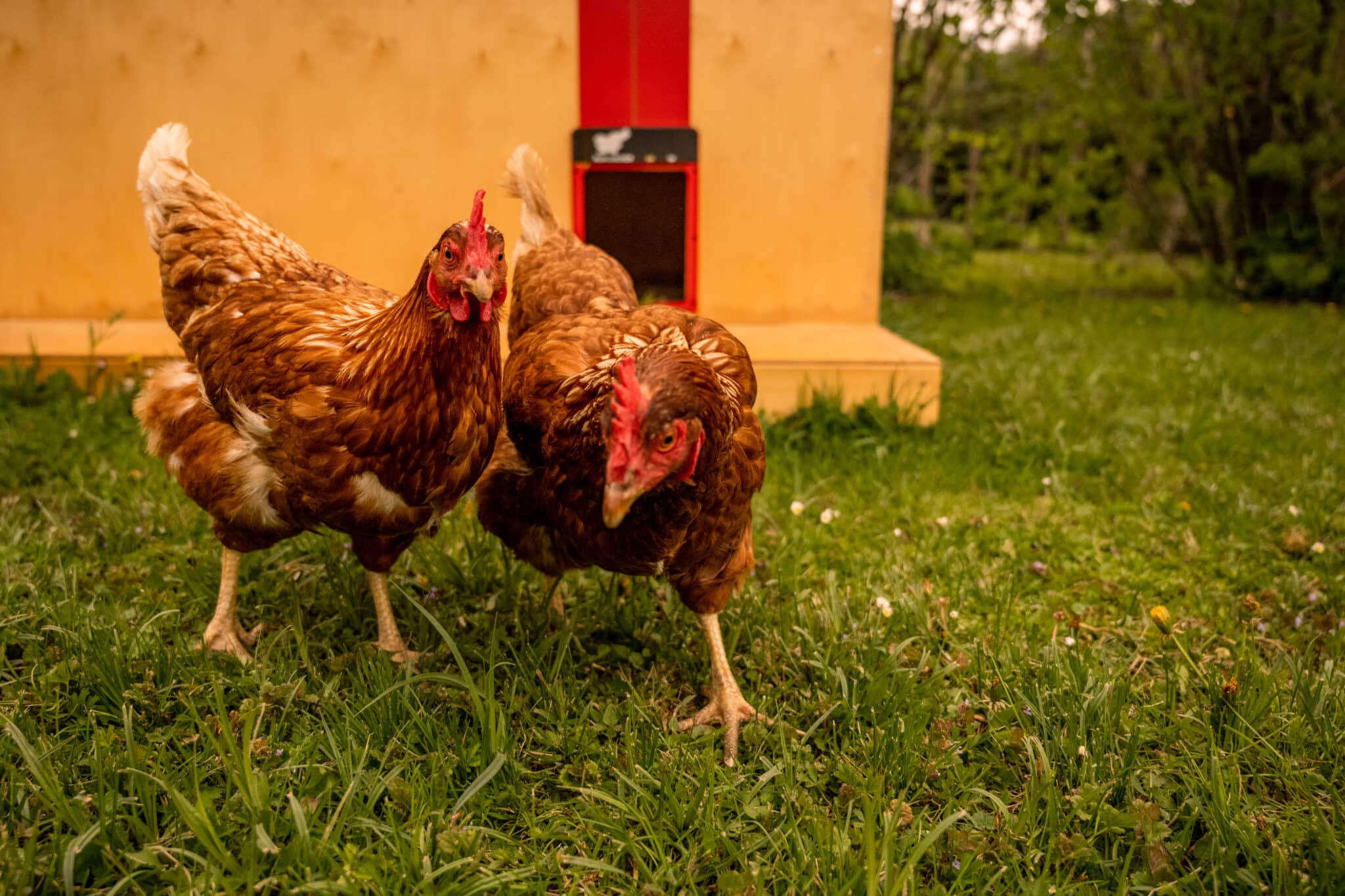
4. Diet and Nutrition
No matter what breed or type of backyard chickens you may have, their diet is very important. Providing proper nutrition to your backyards is the key to longevity. If you want your chickens to live long and healthy lives, the right diet is important. A good diet for chickens contains some type of protein, grains, vitamins, and minerals.
Many people think that the only thing that chickens eat is corn (or scratch grain). While it may seem common to see farmers depicted on television throwing out a few handfuls of corn for the chickens, scratch grain doesn’t provide much in the way of nutrients. Chickens need a balanced diet that is high in protein, vitamins, and minerals. It is also a good idea to feed egg-laying hens extra calcium, which helps promote healthy egg production.
Free-ranging chickens usually have the added benefit of more nutrients in their diets because they are allowed to forage. They consume bugs, leafy greens, and plants that can add more nutrients, proteins, and minerals to their diets. If you can’t allow your chickens to free-range, they can benefit from receiving many types of kitchen scraps. Chickens that receive vegetables and fruits along with their diet of pellets (which contain many vitamins, minerals, and nutrients as well) often live longer because their diet is more balanced.
5. Diseases
As we’ve been discussing the different factors that impact your backyard chicken’s life expectancy, I’m sure you’ve been wondering about common diseases that can affect your chickens. Although many of the diseases of yesteryear have been eradicated, there are a few that can impact how long your feathery friends stay with you.
Common parasites include lice, mites, and worms, which can all affect any type of chicken. Once parasites infest your flock, your chickens’ lives can be short-lived. Lice and mites suck the chickens’ blood, which can cause illness, anemia, and discomfort. It can also result in the loss of feathers. Worms or other parasites can kill your chickens from the inside out, and you may notice a decrease in egg production.
Many backyard chicken keepers perform preventative actions to keep diseases, pests, and parasites at bay. Natural remedies include diatomaceous earth dust baths and feeding your chickens red pepper flakes. Frequent cleaning of your chicken coop and run can also result in disease-free chickens.
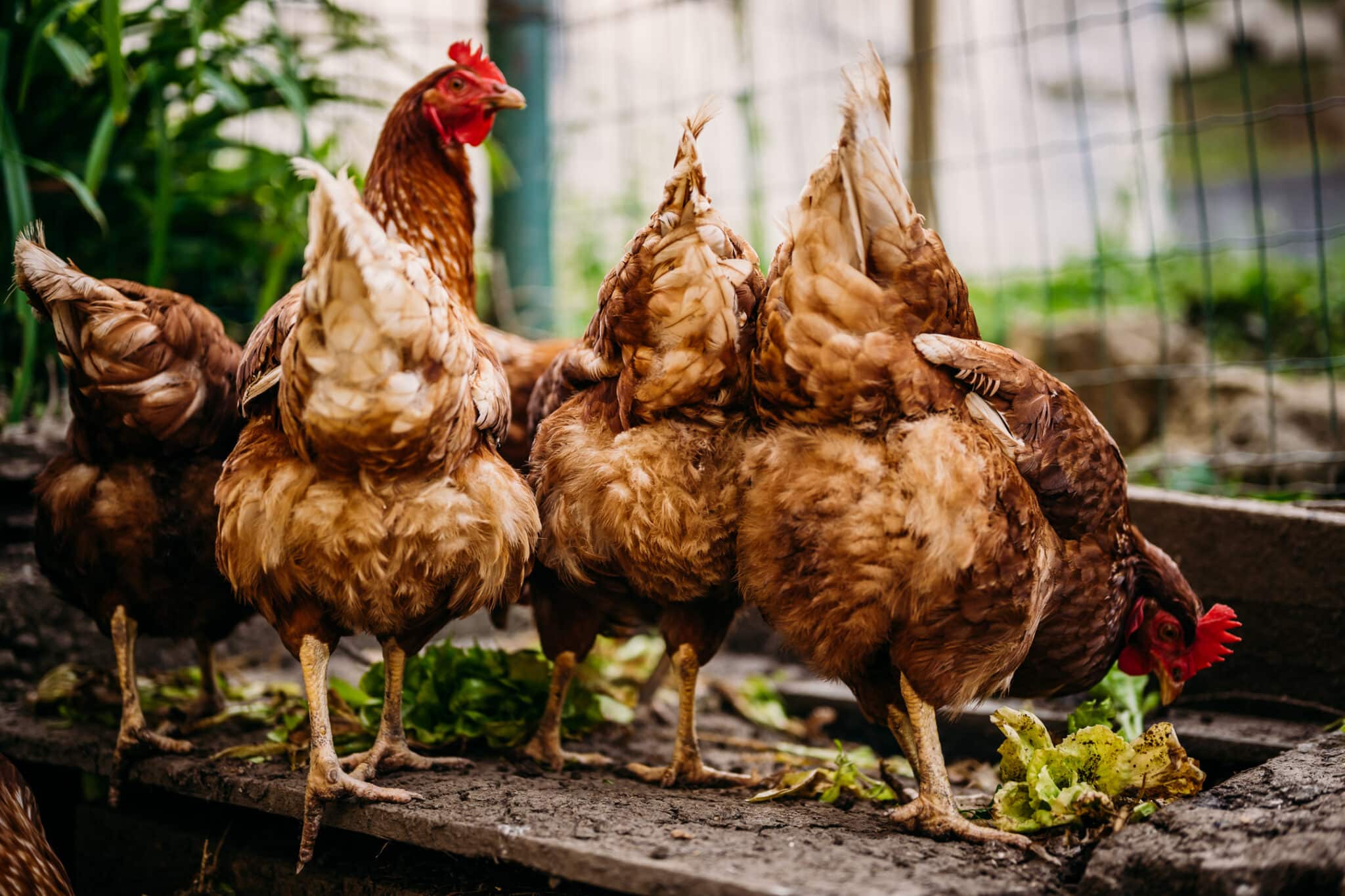
6. Environmental Factors
When thinking about your backyard flock, it makes a lot of sense that intense weather conditions and seasonal changes may adversely affect their longevity. Chickens live outdoors for the most part. They usually have a coop with a run sometimes attached to it, but they spend their days outdoors in most conditions. Chickens need access to plenty of clean, fresh air, and their coop should remain dry and relatively warm. Keeping your chicken’s environment (i.e., their coop) clean can greatly increase their lifespan.
Their bodies are pretty well adapted to common changes in temperatures of a few degrees, but sometimes the weather can change dramatically. These conditions can be a shock to your chickens’ bodies, and it can be hard for them to acclimate. As such, this can sometimes impact your chicken’s lifespan.
A sudden drop into freezing cold temperatures can also be a shock to you, which can affect your flock. If you haven’t had time to prepare your chicken coop for a cold snap, your chickens could become too cold and experience frostbite or even freeze to death. Ensuring you have a weatherproof coop with no drafts and an automatic chicken coop door that will close securely can help ensure your chickens are protected from harsh weather.
Conclusion
Our backyard feathery friends can live a lot longer than expected if they’re properly taken care of. This includes providing them with proper shelter and housing, good food, proper protection, and generally taking great care of them. If your backyard chickens are cared for properly, they can live long, happy lives, sometimes even up to fifteen years.
We would love to hear about your experience of raising backyard chickens. Join a Facebook community of Chicken&Egg Lovers and share your thoughts with us.

